 Politics & Law
Politics & Law

The second summit between US President Donald Trump and the chairman of the Democratic People's Republic of Korea (DPRK) Kim Jong Un ended without any agreement being signed on Thursday. Experts worldwide share their views on the outcome of the talks.
The second summit between US President Donald Trump and Chairman of the Democratic People’s Republic of Korea (DPRK) Kim Jong Un ended without any agreement signed on Thursday. Experts worldwide share their views on the outcome of the talks.
Prof Leon Sigal, Director, Northeast Asia Cooperative Security Project, Social Science Research Council, USA
| ||
| Leon Sigal |
Obviously, this is a big disappointment, but if the US version is correct, it’s clear that the North Koreans overreached in wanting an end to sanctions. The negotiating issue was how sanctions could be relaxed in return for steps toward denuclearisation by North Korea.
It was also clear from the discussion at the press conference that just because they didn’t agree this time, that doesn’t mean talks are over. I think that’s important because it seems to me this is quite negotiable.
From the other things that were discussed at the press conference, it was clear that there was a pretty robust discussion of verification. The missile production issue was clearly brought up. So I think we have the basis for agreement here but the critical thing is if the US version is correct the DPRK overreached by wanting to end all the sanctions. That is not to say that the sanctions are terribly effective. It’s clearly putting some pressure on the North Korean economy. But I suspect some of the reaction would exaggerate the pressure of sanctions. The real thing about the sanctions in the North Korean view is they’re a sign of enmity and we have to move away from enmity.
On the other hand, to ask for the sanctions to be eliminated at this point is too big a step given what the North Koreans are prepared to do on the denulearisation side.
So I think it’s well worth everybody’s while to get back negotiating, have Stephen Biegun go talk to his counterpart, maybe Secretary of State Pompeo talk to his counterpart and see if we can work out a few more of the details recognising that sanctions are not going to be eliminated but they should be relaxed in return for denuclearisation steps by the DPRK. So I think it is time to get over the summit. We can do this. And it struck me that the President was keeping the door open.
 |
| Jenny Town |
Jenny Town, Research Analyst, Stimson Center and Managing Editor, 38 North, a programme providing analysis of events in and around the DPRK
It is surprising that they didn’t come away with a preliminary deal, as they clearly had the outline for one going into the final round of pre-summit negotiations. But it seems both sides still wanted more than what the other was willing to accept. Taking more time to negotiate is not a bad development, but walking away from the summit with nothing is likely to have a deflating effect on the process as a whole.
Of all the stakeholders in this process, the lack of movement on the DPRK-US agenda puts the Republic of Korea in a very awkward position, unable to secure the sanctions exemptions they were hoping for as part of this deal, which would facilitate the resumption of inter-Korean economic co-operation. Moreover, despite the President’s stated will to continue negotiating with North Korea, in the current domestic political environment, there is a real risk of the momentum for this issue waning in a sea of competing interests.
Lê Hồng Hiệp, Fellow, the ISEAS-Yusof Ishak Institute, Singapore
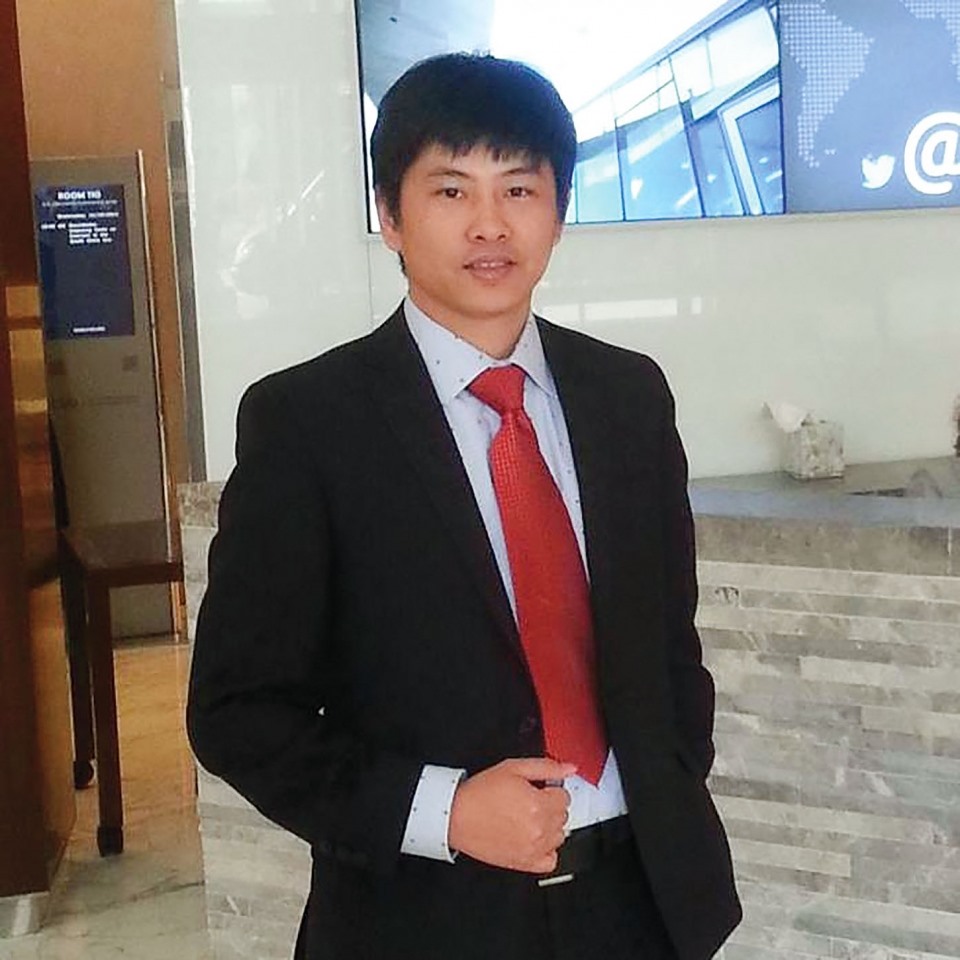 |
| Lê Hồng Hiệp |
The two sides’ failure to reach an agreement at the summit shows that there’s still a large difference between them regarding how to solve the North Korean nuclear issue.
Demolishing the Yongbyon nuclear facility only will not be enough for the US to lift sanctions on North Korea, and President Trump indicated that he wants a right, not quick deal. Meanwhile, North Korea is not ready to give up more without any credible concession from the US.
Now it’s important to see whether the two sides can make any progress by the end of the year. If not, the momentum of bilateral talks may face headwinds due to distractions generated by US electoral politics or unforeseen developments elsewhere.
Prof., Dr. Phạm Quang Minh, Dean of the University of Social Sciences and Humanities, Hanoi National University
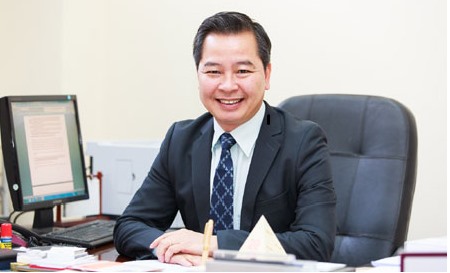 |
| Prof., Dr. Phạm Quang Minh. |
The meetings ended without the outcome which had been highly anticipated. The result must be viewed through three perspectives: international, domestic and individual.
First, regional and international affairs such as the trade war between the US and China and increasing tensions between Pakistan and India are unfavourable for success.
Second, the domestic issues of either country have had impacts on the two leaders, such as the congressional testimony of President Trump’s former lawyer Michael Cohen and the DPRK’s issues of sovereignty and nuclear weapons, which are really big pressures.
Third, for the two leaders, this is their second meeting so the trust between the two leaders hasn’t been built up whilst their characteristics are very unpredictable. President Trump still said on Wednesday that "we have made a lot of progress".
I think the result is appropriate when taking into account the three elements as mentioned above.
Vũ Văn Khanh, former head of the Department of International Affairs, the Institute for Defence Strategy
The outcome is not something too surprising as the dialogue/relationship between the two countries has witnessed numerous contradictions which were unresolved. One side insists the other denuclearises whilst the other is not ready yet. This results in pressure for each other.
It is normal that dialogues and discussions between any countries are prolonged. In this particular case, there needs to be concessions from one of the two sides. Nevertheless, we need time to take into account other parties such as China and the Republic of Korea to settle the issue and bring peace to the Korean peninsula. As what DPRK Chairman Kim Jong Un has done so far we can see that relations between the two countries has become less tense.
The point is that both sides need to reach an agreement and gradually reach what they wish for.
I forecast that the situation in the Korean peninsula will come to an end but it needs time. President Trump left for the US earlier than scheduled but he still said "We haven’t given up anything, and .. we will end up very good friends with Chairman Kim."
Scottie Nell Hughes, RT News, US
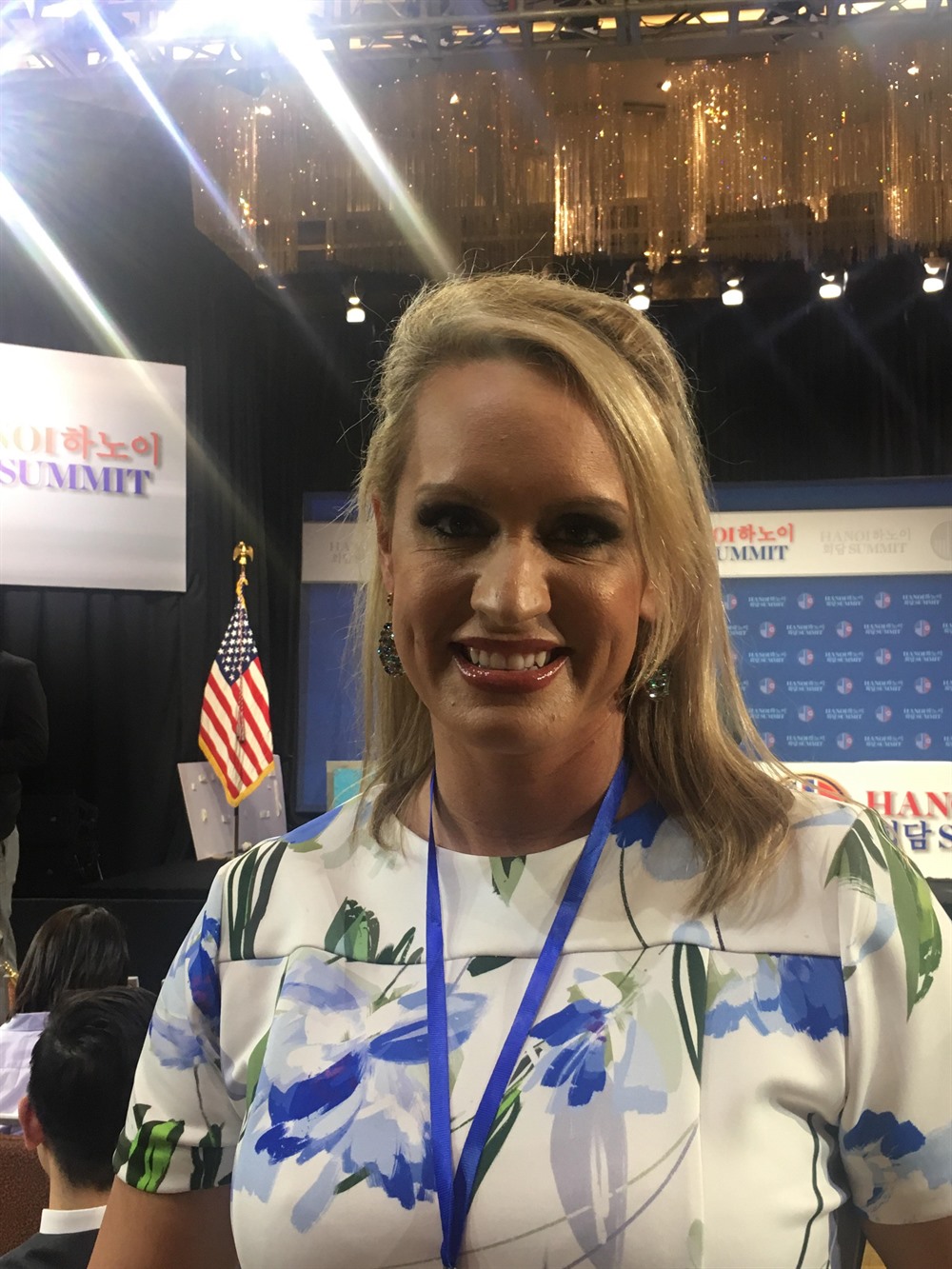 |
| Scottie Nell Hughes, RT Ạmerica |
I think Americans as well as anybody who wants peace in the world is disappointed that we are not walking with a deal done by President Trump and Chairman Kim Jong Un, or at least a benchmark specifically given as to how that deal could be accomplished.
I think President Trump missed an opportunity with not only the summit but also with the press conference to have at least something positive that was established during the past two days of meetings. Going into this President Trump seemed to be very positive about being able to bring about deals with Kim Jong Un. Unfortunately, it seems like none of that happened - whether you’re talking about benchmarks for the denuclearisation of North Korea or the ending of the Korean war. He walked out of the summit today with even more questions in the air than after the second summit finished.
Jonathan Karl, ABC News
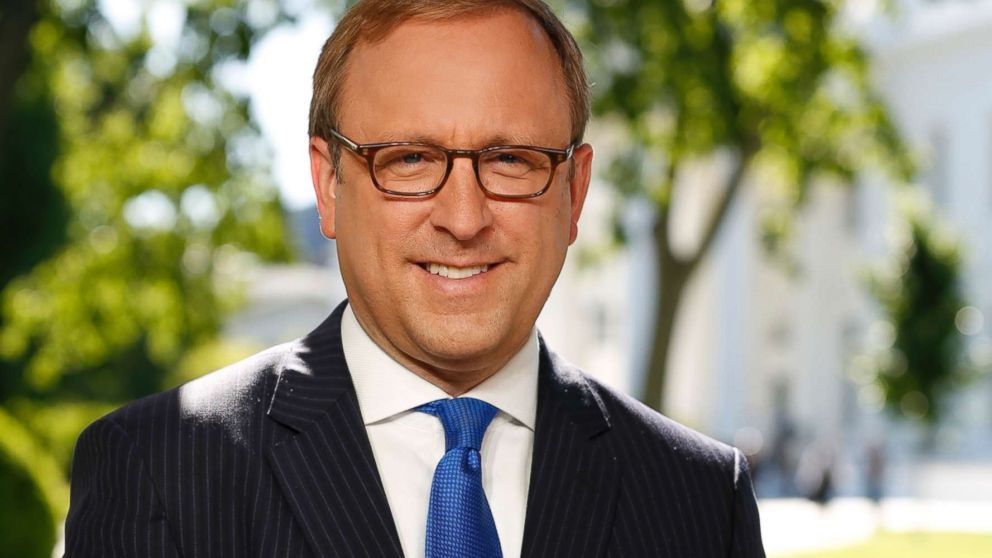 |
| Jonathan Karl, ABC News |
Not even a signing statement or a joint statement after the summit is clearly a disappointment to the American side. It seems the President was quite clear in the press conference that the issues it laid down on was that North Korea wants those sanctions lifted, they want them lifted now, they want them all lifted. And the position of the United States has been, from the previous presidents onto this president, that the sanctions don’t get lifted. It tells North Korea to take action steps to get rid of its nuclear programme. And that’s obviously not happening.
The President said he made no commitment about another summit. It’s possible. But I got the sense hearing him say that we probably won’t see a third summit any time soon.
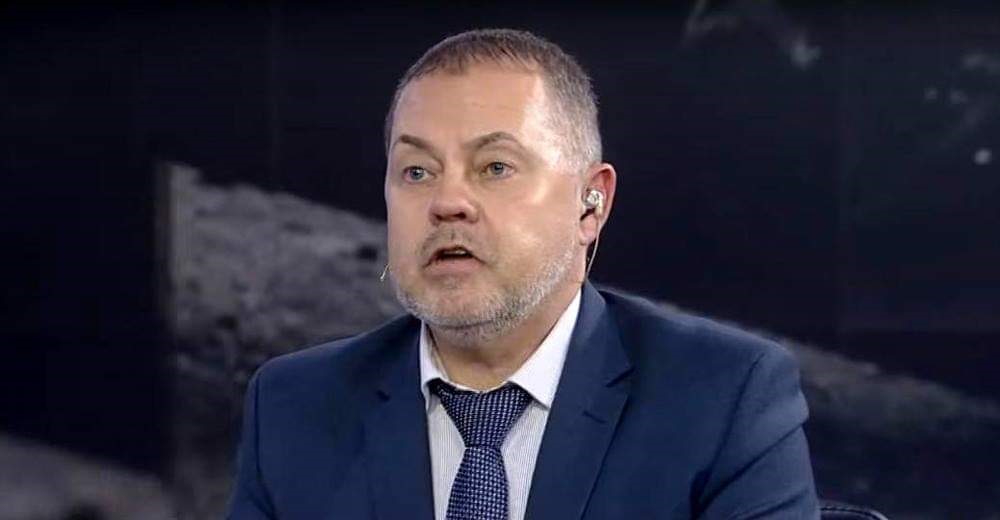 |
| Grigory Trofimchuk, head of the expert council of the Eurasian Ideas Foundation |
On the summit outcome, I think President Trump was a little bit in a rush to have said on Wednesday that the summit was going well and he hoped a series of important agreements would be signed.
I would say Chairman Kim gained a concrete win over President Trump although Kim will face challenges ahead. The challenge is that Kim must understand from now on the US will require a concrete nuclear solution, a concrete one, not destroying a testing site.
The victory, first things first, is for Việt Nam which gained the chance to be mentioned worldwide.
On Trump, he was a little hasty and now his US opponents will dig into his abrupt exit from the summit.
I think Russia’s viewpoints on the DPRK nuclear issue will also catch attention. Russia thinks dealing with the issue in a successful way will ensure real security when Pyongyang makes concessions. The progress leading to the outcome should be conducted step by step and not hastily.
In the future, I predict that there will be more approaches to the DPRK nuclear talks. One of those is six side talks. Russia might think about strengthening its role as the US did not succeed.
On the other hand, Việt Nam hosted the summit with excellent quality, showing the country’s prestige in international politics has been consolidated when Việt Nam has engaged in significant geo-political orientations and contributed to ensuring security in Asia.
Việt Nam has been trusted by the world in important issues such as nuclear disarmament and has become one of the key factors in bolstering trust in the world
Professor Georgy Toloraya, director of Asian Strategy Centre at the Institute of Economics RAS:
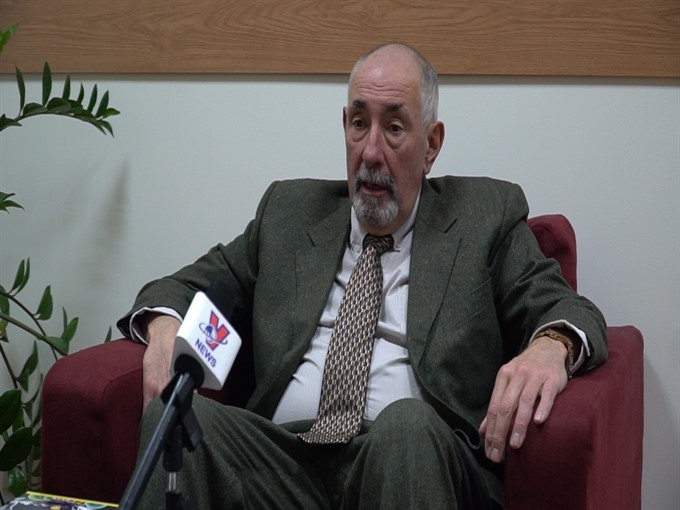 |
| Professor Georgy Toloraya, director of Asian Strategy Centre at the Institute of Economics RAS |
All of us in Hà Nội are anticipating a concrete, significant deal with all related documents available. However, the summit ended without a joint statement. We are not privy to what exactly was the deal breaker, and we have only heard US President’s claims that the talks’ abrupt end was due to the DPRK’s refusal to dismantle its nuclear weapons. Now we need to hear the DPRK’s side of the story. I don’t think lifting sanctions was a precondition on the part of the North Koreans, but the point is they want the US to change its hostile attitude towards the country. To Pyongyang, as long as sanctions continue, hostility remains and there would be nothing to talk about.
It’s a regret that this opportunity has been wasted and the certainty of a third summit is still up in the air.
Still, I want to emphasise the fact that the two sides have not been critical of each other and President Trump remains optimistic of another summit and respectful of the North Korean leader.
The summit has not resulted in any notable progress, as widely reported by international media, but it’s really not that bad, the important thing is tension hasn’t escalated, which would possibly lead to renewed rounds of missile tests or bomb detonations.
An agreement seems to have been reached between the two countries’ leaders that such activities will no longer happen.
Let’s remain hopeful that while there might not be a step forward, there’s at least not a step backward.
Việt Nam’s organisation of the summit has been perfect. Through this summit, it has managed to elevate its position in the region as a responsible nation and proved that it could pull off holding such an event. Hà Nội doesn’t need to feel disappointed missing out on the chance to be a part of history, it happens quite often. You have all done really well. — VNS




